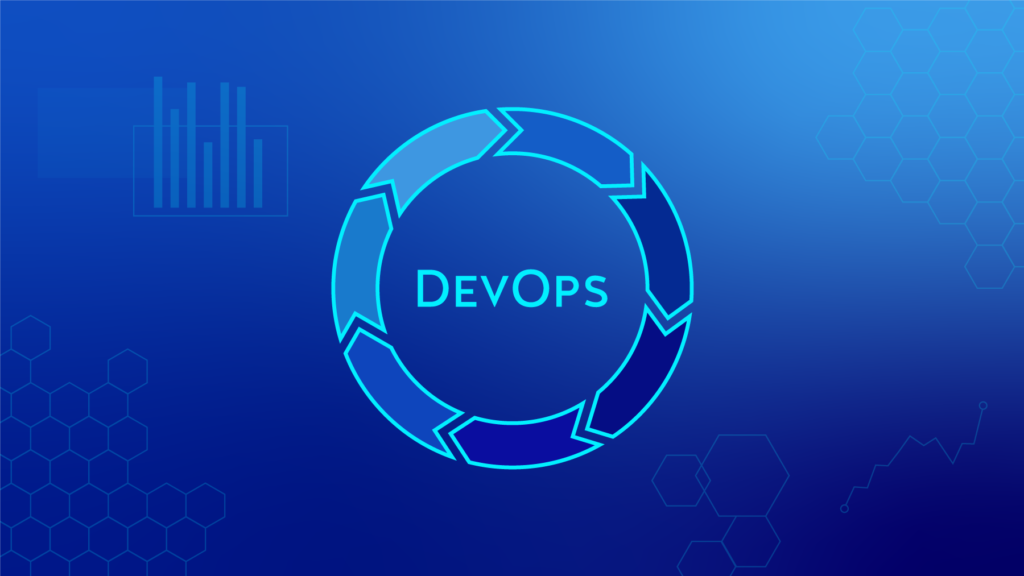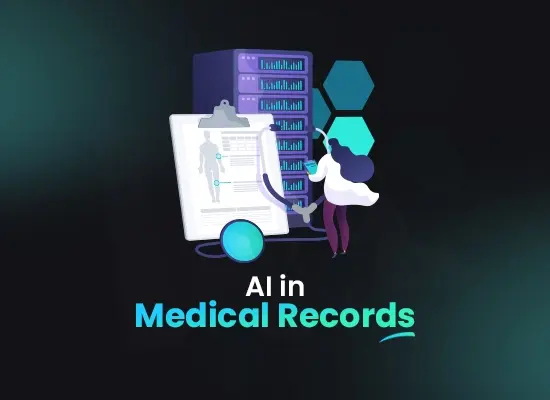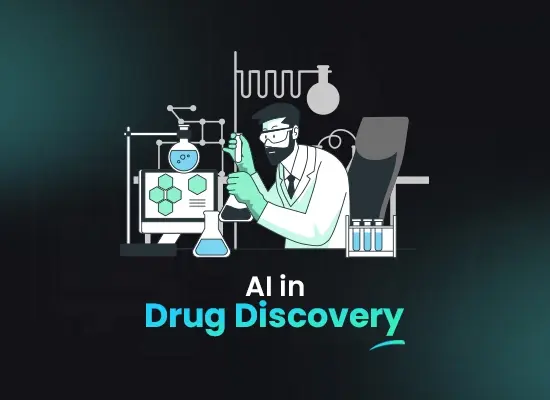
Contents
DevOps, a portmanteau of “development” and “operations,” is a transformative approach to software development and IT operations that seeks to enhance collaboration and efficiency throughout the entire software delivery lifecycle. It is essential to understand what DevOps truly entails to distinguish it from other methodologies, such as Agile. DevOps is not merely a set of practices but a cultural shift that unifies development and operations teams, fostering a collaborative environment aimed at achieving continuous integration, delivery, and deployment. In essence, what is DevOps becomes synonymous with breaking down traditional silos, enabling cross-functional teams to work seamlessly together, promoting a shared responsibility for the end-to-end delivery process.
When delving into the comparison of DevOps vs Agile, it is crucial to recognize that while Agile primarily focuses on iterative development and rapid delivery of features, DevOps extends this philosophy beyond just coding and testing to encompass the entire software delivery pipeline. While Agile emphasizes responsiveness to changing requirements, DevOps emphasizes collaboration between development and operations to enhance the speed and reliability of software delivery. Understanding what is DevOps necessitates acknowledging its role in complementing and expanding upon the Agile principles, creating a more holistic and streamlined approach to software development and deployment.
What is DevOps and How is it Used?
To implement DevOps successfully, organizations often leverage tools and platforms designed to facilitate collaboration and automation. One prominent example is Azure DevOps, a comprehensive set of development and collaboration tools offered by Microsoft. What is Azure DevOps but a suite that integrates seamlessly with various programming languages and platforms, providing capabilities for version control, build automation, release management, and more. Embracing Azure DevOps streamlines the DevOps process, offering a unified environment where development, testing, and deployment activities seamlessly converge.
As organizations embark on their DevOps journey, the role of a DevOps engineer becomes pivotal. What is a DevOps engineer if not a skilled professional responsible for bridging the gap between development and operations, aligning the objectives of both teams to achieve a more efficient and reliable software delivery pipeline? A DevOps engineer is not just a technical expert but a catalyst for cultural change, advocating for collaboration, communication, and the adoption of best practices in the pursuit of continuous improvement.
In DevOps automation tools, understanding what is DevOps requires a deep dive into the arsenal of technologies designed to streamline and accelerate the software delivery lifecycle. DevOps automation tools encompass a wide array of solutions, ranging from configuration management tools like Ansible and Puppet to continuous integration and deployment tools like Jenkins. These tools empower organizations to automate repetitive tasks, enforce consistency, and enhance the efficiency of the development and operations processes. What is DevOps without the leverage of these automation tools but a missed opportunity for organizations to unlock the full potential of their software delivery capabilities? Embracing these tools is fundamental to achieving the agility, reliability, and speed that define the essence of DevOps.
Devops vs Agile
DevOps and Agile are two distinct methodologies that have gained prominence in the realm of software development and IT operations. Understanding what DevOps entails and how it differs from Agile is crucial for organizations aiming to streamline their workflows and enhance collaboration between development and operations teams.
To comprehend what DevOps truly signifies, it is imperative to delve into its core principles. DevOps is a set of practices that aims to unify software development (Dev) and IT operations (Ops) by fostering a culture of collaboration and shared responsibility. Unlike Agile, which primarily focuses on iterative development cycles and customer feedback, DevOps encompasses a broader spectrum of practices, emphasizing continuous integration, continuous delivery, and continuous deployment.
In the context of DevOps vs Agile, it’s essential to highlight the distinctions between these methodologies. Agile is characterized by its incremental and iterative approach to software development, prioritizing flexibility and responsiveness to changing requirements. On the other hand, DevOps extends beyond development methodologies to encompass the entire software delivery lifecycle, emphasizing a holistic approach that addresses both development and operational aspects.
An integral component within the DevOps landscape is Azure DevOps, a comprehensive set of development tools provided by Microsoft. Azure DevOps serves as a centralized platform facilitating collaboration, code management, build automation, and release orchestration. As an integral part of the DevOps ecosystem, Azure DevOps empowers teams to seamlessly integrate their development and operational workflows, thereby enhancing efficiency and accelerating time-to-market.
DevOps Engineering
In DevOps engineering, professionals specializing in this field play a pivotal role in bridging the gap between development and operations. A DevOps engineer is a skilled individual responsible for implementing and managing the collaborative practices advocated by DevOps. These experts possess a deep understanding of both development and operations, utilizing their proficiency to optimize processes, enhance communication, and ensure the seamless delivery of high-quality software.
DevOps automation tools constitute a cornerstone of the DevOps methodology, facilitating the automation of various tasks within the software delivery pipeline. These tools are instrumental in achieving continuous integration and delivery, enabling organizations to automate testing, deployment, and monitoring processes. Widely adopted tools such as Jenkins, Ansible, and Docker contribute to the efficiency and reliability of DevOps practices, aligning with the overarching goal of streamlining the development-to-operations transition.
In conclusion, comprehending the nuances between DevOps and Agile is pivotal for organizations seeking to leverage these methodologies effectively. While Agile focuses on iterative development cycles and customer-centric approaches, DevOps extends its purview to encompass the entire software delivery lifecycle. Azure DevOps, as a prominent platform, exemplifies Microsoft’s commitment to providing integrated tools for collaborative development and operations. DevOps engineers, armed with a diverse skill set, play a central role in implementing and optimizing DevOps practices. The integration of DevOps automation tools further solidifies the efficiency gains and collaborative benefits that organizations can derive from adopting DevOps methodologies.
Seamless Collaboration | Cost-Efficient Solutions | Faster Time-to-Market

What is Azure Devops?
Azure DevOps is an integrated set of development tools and services provided by Microsoft to facilitate the collaboration and automation aspects of the software development lifecycle. When pondering what is DevOps, it becomes evident that it is an innovative approach that combines cultural philosophies, practices, and tools to enhance communication and collaboration between software development and IT operations. Unlike the traditional siloed approach, DevOps fosters a culture of collaboration and continuous improvement, aiming to deliver high-quality software at a rapid pace. This methodology is often compared to Agile, so let’s delve into the DevOps vs Agile debate.
In understanding what is Azure DevOps, it is imperative to recognize its role in the broader context of DevOps practices. Azure DevOps is not just a singular tool but a comprehensive platform encompassing a variety of services such as Azure Repos, Azure Pipelines, Azure Boards, Azure Test Plans, and Azure Artifacts. These components collectively empower organizations to manage their code repositories, automate build and release processes, track work items, conduct test planning and execution, and manage artifact repositories efficiently. In essence, Azure DevOps serves as a unified hub for development and operations teams, offering a seamless integration of tools to streamline workflows and enhance productivity.
What is Azure DevOps – A Deep Dive
As one delves into the specifics of what is Azure DevOps, the role of a DevOps engineer becomes prominent. A DevOps engineer is a skilled professional who plays a pivotal role in implementing and maintaining the DevOps practices within an organization. These individuals possess a deep understanding of both development and operations, acting as a bridge between these traditionally separate domains. A DevOps engineer leverages a myriad of DevOps automation tools to streamline and automate repetitive tasks, ensuring consistent and reliable software delivery. These automation tools, integral to the DevOps philosophy, play a pivotal role in achieving continuous integration and continuous delivery (CI/CD), further distinguishing Azure DevOps in the realm of DevOps practices.
In conclusion, Azure DevOps emerges as a powerful solution in the realm of DevOps practices, seamlessly integrating a suite of services to enhance collaboration, automate workflows, and accelerate the software development lifecycle. Understanding what is DevOps and its comparison to Agile methodologies highlights the evolution towards more collaborative and efficient software development practices. The role of a DevOps engineer and the utilization of DevOps automation tools further solidify Azure DevOps as a comprehensive platform, addressing the dynamic needs of modern software development and IT operations.
What is DevOps Engineer?
In the ever-evolving landscape of software development, understanding what DevOps truly entails is essential for organizations striving to enhance their efficiency and collaboration. So, what is DevOps, and how does it differ from agile methodologies? DevOps, short for development and operations, represents a cultural and technical approach that fosters collaboration between software developers and IT operations teams, aiming to shorten the systems development life cycle and deliver high-quality software continuously. In essence, it promotes a seamless integration of development and operations processes, breaking down traditional silos to achieve a more holistic and iterative software delivery model.
Now, let’s delve into the realm of Azure DevOps, a comprehensive suite of development tools that seamlessly integrates with the Azure cloud platform. What is Azure DevOps and how does it fit into the broader DevOps landscape? Azure DevOps provides a set of robust services, including version control, build automation, release management, and more, facilitating the entire software development lifecycle. As organizations navigate the complexities of modern software delivery, Azure DevOps serves as a pivotal toolset, streamlining processes and enhancing collaboration among cross-functional teams.
Within this intricate framework of DevOps, the role of a DevOps engineer emerges as a crucial catalyst for success. So, what is a DevOps engineer, and how does this role contribute to the synergy between development and operations? A DevOps engineer is a skilled professional who combines expertise in software development, system administration, and automation to bridge the gap between developers and IT operations. This role plays a pivotal part in implementing and optimizing DevOps practices, fostering a culture of continuous integration and delivery, and ultimately driving efficiency throughout the software development lifecycle.
A User Guide to What is DevOps Engineer
As organizations embark on their DevOps journey, the significance of DevOps automation tools becomes evident. What are DevOps automation tools, and how do they empower DevOps engineers in their quest for streamlined processes? DevOps automation tools are instrumental in automating repetitive tasks, ensuring consistency, and accelerating the delivery of software. These tools encompass a wide array of functionalities, ranging from code integration and testing to deployment and monitoring. By leveraging these automation tools, DevOps engineers can mitigate errors, enhance collaboration, and achieve the agility necessary for meeting the demands of today’s fast-paced software development landscape.
In summary, understanding what DevOps is, differentiating it from agile methodologies, exploring the capabilities of Azure DevOps, delving into the role of a DevOps engineer, and recognizing the pivotal role of DevOps automation tools collectively shape a comprehensive perspective on the transformative power of DevOps in modern software development.
DevOps Automation Tools
In modern software development, understanding what is DevOps is crucial for organizations seeking efficient collaboration and streamlined processes. DevOps represents a cultural and professional movement that emphasizes collaboration and communication between software development and IT operations teams. It is often compared to Agile methodologies due to their shared goal of enhancing software delivery processes, but the key distinction lies in their scopes. DevOps encompasses the entire software development lifecycle, addressing not only coding and testing but also deployment, monitoring, and maintenance. In contrast, Agile focuses primarily on iterative development.
Azure DevOps, as a comprehensive suite of development tools provided by Microsoft, plays a pivotal role in facilitating DevOps practices. It integrates seamlessly with Azure services, offering a unified platform for managing code repositories, continuous integration, and continuous delivery (CI/CD) pipelines. When exploring what is Azure DevOps, it becomes evident that it caters to the diverse needs of DevOps teams, providing a robust ecosystem for collaboration, automation, and monitoring.
A crucial figure in the DevOps landscape is the DevOps engineer, a professional responsible for bridging the gap between development and operations teams. A DevOps engineer possesses a versatile skill set that includes expertise in coding, scripting, automation, and system administration. This role requires individuals to comprehend not only the technical aspects of software development but also the broader organizational and cultural dynamics. Becoming a DevOps engineer demands proficiency in DevOps automation tools, as these instruments are the linchpin for achieving continuous integration and deployment.
DevOps automation tools are instrumental in executing the principles of DevOps by automating manual, time-consuming tasks throughout the software development lifecycle. These tools enhance collaboration, efficiency, and repeatability in the deployment process. DevOps automation tools cover a spectrum of functions, ranging from version control and build automation to configuration management and container orchestration. They empower DevOps engineers to implement CI/CD pipelines, ensuring rapid and reliable software delivery. Embracing these tools is indispensable for organizations aspiring to cultivate a robust DevOps culture and achieve seamless integration of development and operations activities.
Benefits of DevOps
DevOps is a contemporary approach to software development that seeks to enhance collaboration and communication between software development and IT operations teams. At its core, DevOps emphasizes the seamless integration of these two traditionally siloed domains, fostering a culture of collaboration, continuous improvement, and agility. What is DevOps? It is a paradigm shift that transcends conventional methodologies, promoting a holistic view of the software delivery lifecycle. DevOps promotes a unified workflow that encompasses planning, coding, testing, deployment, and monitoring.
Azure DevOps, a comprehensive suite of development tools provided by Microsoft, plays a pivotal role in realizing the DevOps vision. Offering a robust set of services for source code management, build automation, release management, and more, Azure DevOps facilitates the seamless integration of development and operations activities. What is Azure DevOps? It is a powerful platform that empowers organizations to streamline their software delivery pipeline, fostering efficiency and collaboration across the entire development lifecycle.
Within the expansive domain of DevOps, the role of a DevOps engineer is instrumental. A DevOps engineer is a skilled professional responsible for orchestrating the collaboration between development and operations, implementing automation, and optimizing the software delivery process. What is a DevOps engineer? It is an individual with a multifaceted skill set encompassing coding, scripting, system administration, and a deep understanding of the software development lifecycle. DevOps engineers play a pivotal role in driving the adoption of DevOps practices within organizations, thereby enhancing productivity and reducing time-to-market.
DevOps automation tools are the backbone of efficient and streamlined software delivery pipelines. These tools automate repetitive tasks, ensuring consistency and reliability in the development and deployment processes. From source code management with tools like Git to continuous integration and deployment with Jenkins, DevOps automation tools facilitate a seamless and repeatable workflow. What are DevOps automation tools? They are the enablers of efficiency, allowing organizations to achieve faster release cycles, improved collaboration, and a higher level of overall software quality. In the DevOps landscape, these tools are indispensable, driving the paradigm shift towards more agile and collaborative development practices.
Seamless Collaboration | Cost-Efficient Solutions | Faster Time-to-Market

Challenges faced by DevOps
DevOps, often abbreviated as a combination of “development” and “operations,” is a set of practices that aim to streamline and automate the collaboration between software development and IT operations teams. Understanding what DevOps entails is essential for organizations seeking to enhance their software delivery processes. At its core, DevOps promotes a cultural shift, emphasizing communication and collaboration between traditionally siloed teams. This paradigm shift is crucial in addressing the challenges faced by DevOps practitioners as they strive to bridge the gap between development and operations.
For those navigating the intricacies of DevOps, understanding what Azure DevOps offers is paramount. Azure DevOps, a comprehensive suite of development tools provided by Microsoft, facilitates collaboration and automation across the entire software development lifecycle. It integrates seamlessly with popular version control systems, issue tracking, and build systems. Recognizing what Azure DevOps brings to the table enables organizations to harness its capabilities effectively, overcoming challenges in managing complex development and operational workflows.
As organizations embark on their DevOps journey, defining what a DevOps engineer is becomes crucial. A DevOps engineer is a professional responsible for bridging the gap between development and operations, possessing a skill set that encompasses coding, scripting, and system administration. DevOps engineers play a pivotal role in implementing automation, ensuring consistency and efficiency in software delivery processes. Gaining a clear understanding of what a DevOps engineer is, their role, and the skills they bring to the table is essential for organizations seeking to cultivate a successful DevOps culture.
In the realm of DevOps, automation is a cornerstone, and mastering DevOps automation tools is imperative for achieving efficiency and consistency in software delivery. DevOps automation tools, such as Jenkins, Ansible, and Docker, empower organizations to automate repetitive tasks, streamline workflows, and enhance collaboration between development and operations teams. A deep dive into DevOps automation tools equips organizations with the capability to overcome challenges related to manual intervention, ensuring a seamless and accelerated software delivery lifecycle. Understanding the intricacies of these tools is vital for organizations aiming to unlock the full potential of their DevOps initiatives.
Conclusion
In DevOps, an ongoing debate revolves around DevOps vs Agile methodologies. While Agile focuses on iterative development and flexibility in responding to change, DevOps extends these principles to encompass the entire software delivery lifecycle. Some view DevOps as an evolution of Agile practices, emphasizing the need for continuous integration and delivery. Therefore, grasping the nuances of DevOps and how it relates to Agile methodologies is essential for organizations seeking to optimize their software development processes. In development methodologies, the comparison of DevOps vs Agile often arises. While Agile focuses on iterative development, emphasizing flexibility and responsiveness to changing requirements, DevOps extends this philosophy further by incorporating operations into the development process seamlessly. This synergistic collaboration minimizes bottlenecks, accelerates release cycles, and enhances overall software quality. What is DevOps, if not a bridge between development and operations, transcending the limitations of traditional methodologies?

Author Bio
Frequently Asked Questions (FAQs)
What does a devops engineer do?
What does a DevOps engineer do? A DevOps engineer plays a pivotal role in bridging the gap between development and operations, utilizing coding, scripting, and system administration skills. They focus on implementing automation, streamlining workflows, and ensuring efficient collaboration to optimize the software delivery lifecycle.
What does devops stand for?
What does devops stand for? DevOps stands for “development” and “operations,” embodying a set of practices fostering collaboration between software development and IT operations teams. This cultural and technical movement aims to streamline processes, enhance communication, and automate workflows, ultimately improving the efficiency of software delivery.
How to become a devops engineer?
How to become a DevOps engineer involves acquiring a strong foundation in coding, scripting, and system administration. Gain expertise in automation tools like Jenkins and Docker, and cultivate collaborative skills. Pursue relevant certifications, engage in real-world projects, and stay updated with evolving DevOps practices for a successful career transition.
How do agile and devops interrelate?
How do Agile and DevOps interrelate? Agile and DevOps are complementary methodologies, both emphasizing collaboration and iterative processes. Agile focuses on flexible development, while DevOps extends this approach to encompass the entire software delivery lifecycle, emphasizing continuous integration, delivery, and a collaborative culture, creating a seamless and efficient development pipeline.
What is a common misconception about agile and devops?
What is a common misconception about Agile and DevOps? One prevalent misconception is viewing Agile and DevOps as interchangeable terms. While both prioritize collaboration, Agile focuses on iterative development, while DevOps extends these principles to the entire software delivery lifecycle, emphasizing continuous integration, delivery, and operations.
What is aws devops?
What is AWS DevOps? AWS DevOps refers to the integration of Amazon Web Services (AWS) with DevOps practices, combining cloud computing capabilities and automation tools to streamline software development and IT operations. It optimizes collaboration, accelerates delivery, and enhances scalability, leveraging AWS services for seamless deployment and management.
What is observability in devops?
What is observability in DevOps? Observability in DevOps refers to the ability to gain insights into complex systems by collecting and analyzing diverse data sources. It involves monitoring, logging, and tracing, enabling teams to understand, troubleshoot, and optimize the performance and reliability of their applications seamlessly.
What are key objectives of devops at Accenture?
What are the key objectives of DevOps at Accenture? At Accenture, the key objectives of DevOps encompass fostering collaboration, automating processes, and ensuring continuous integration and delivery. The focus is on accelerating software delivery, enhancing efficiency, and promoting a culture of innovation and agility across the organization.
What is devops tools?
What is DevOps tools? DevOps tools refer to a set of software solutions designed to facilitate and automate collaboration between development and operations teams. These tools streamline tasks, enhance efficiency, and ensure a seamless integration of continuous delivery and deployment practices in the software development lifecycle.





